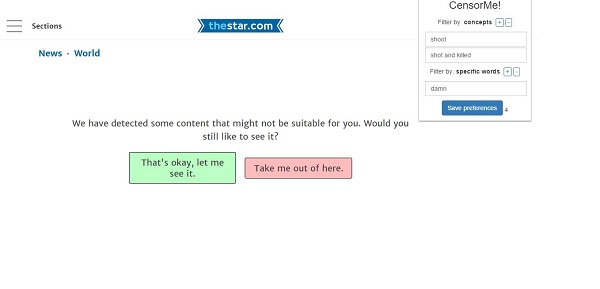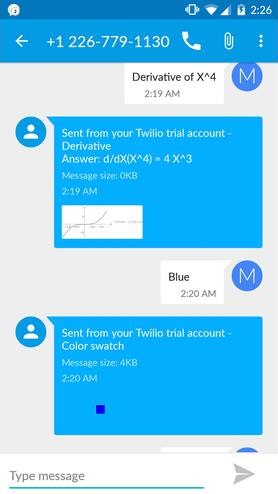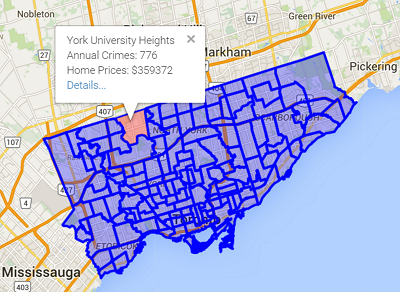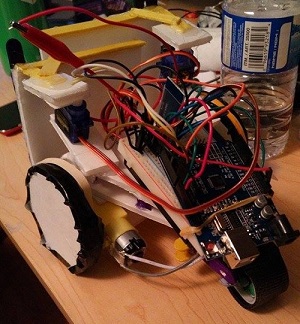About me
A strapping young lad with an interest in machine learning, software development, and product management
I am currently in my fourth year studying computer engineering at the University of Waterloo. From youth I have always been interested in technology and that interest has blossomed throughout the years. I have participated in many hackathons, worked firsthand in the industry, and built several projects in my free time.
I have experienced working as a full stack developer and worked on many interesting projects related to virtual reality, machine learning, and natural language processing. In my free time I love to play tennis, bike, swim, hike, and travel.
Take a gander at my portfolio, I hope you enjoy!





